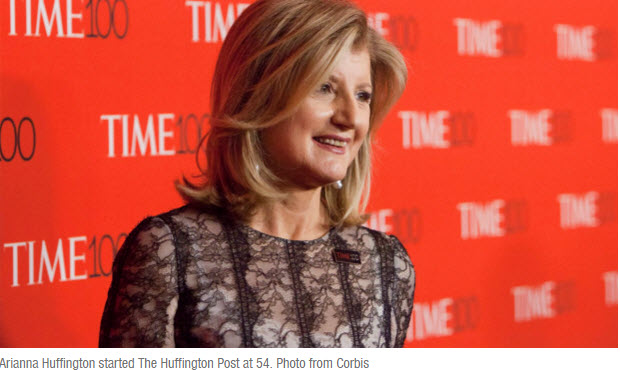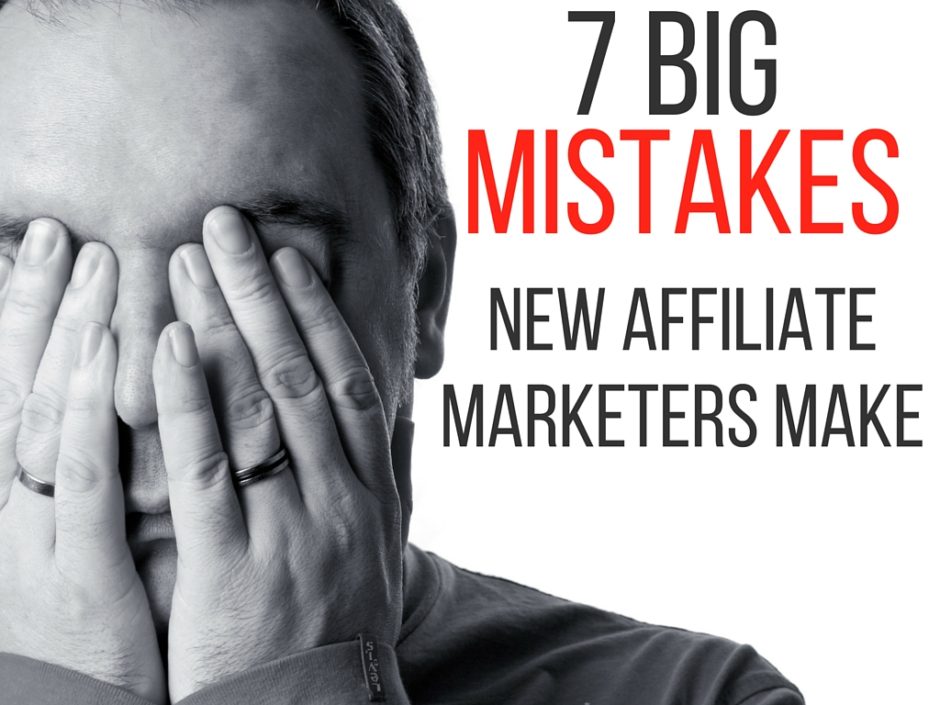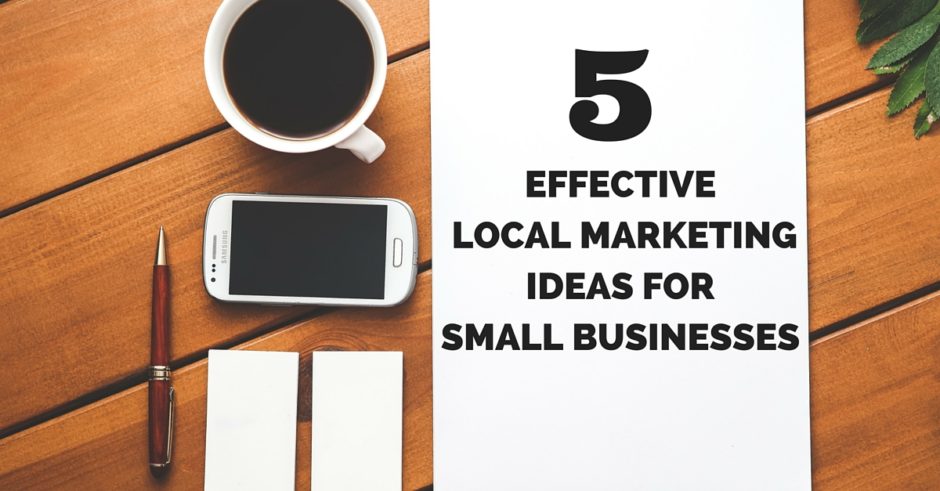We’re the age group most likely to succeed
Arianna Huffington started The Huffington Post at 54. Photo from Corbis
Start-ups are not only for 20-somethings, says business coach Shweta Jhajharia. Some of the largest companies were founded by people over 50, such as Arianna Huffington’s Huffington Post
Right now, the average life expectancy of people in the UK is just over 80 years. Accounting for about 20 years of education, when you reach 50, you are actually only about halfway through your working life. You now have an opportunity to pursue a new career, with the backing of years of experience that you probably wish you had when you were 20.
Facebook founder Mark Zuckerberg gets a lot of the limelight, but in fact, a study at Duke University showed that of the 539 technology ventures surveyed, there was double the number of successful entrepreneurs over 50 as there were under-25s.
There are a number of very famous entrepreneurs who were in their 50s to prove this: The creator of Coca-Cola founded the company with the reformulated beverage (replacing coca with sugar) when he was 55.
Ray Kroc bought and created the McDonald’s franchise from the McDonald brothers when he was 59.
Arianna Huffington started The Huffington Post at the age of 54.
The biggest thing holding you back is not your age, but your mindset. We are told we should retire at around 60 or 65, so we enter ‘winding down’ mode in our 50s when, in fact, we could be starting to open ourselves up to new opportunities and growth.
As a business coach, I often prompt clients to escape this way of thinking. I recommend looking at James Altucher’s four things to incorporate into daily practice as this can applied to almost anything, including stimulating a growth mindset.
FOUR WAYS TO GET A ‘BUSINESS GROWTH’ MINDSET
- Do physical exercise
Do some form of exercise and keep your fitness up. This is not about turning yourself into a gym nut, it is just about being healthy because you cannot grow if you are not healthy enough. Do 20 to 30 minutes of exercise each day, and get at least eight hours of sleep a night.
- Protect yourself emotionally
Other people do not bring you down: you let them bring you down. If someone is stunting your growth, let them go. And if someone is supporting you, get closer to them. Take care of your emotional health as carefully as your do your physical.
- Keep learning
Keep producing ideas. Entrepreneurship requires fresh thinking and you cannot think in this way if you are not experiencing new things.
This doesn’t necessarily mean starting a training course or going back to university. Do mind puzzles, write down lists of ideas, learn a language, memorise poems.
Keep your brain active and then when you need to apply it, not only will you have the capacity, you will most likely enjoy the mental exercise.
- Focus on your spiritual growth
This is not necessarily about God or religion or even your ‘soul’. This means taking time out to renew your spirit and your humanity. It means being grateful for what you have got and the experiences you have had, if even just for a few moments.
Meditate, and become aware of your thoughts and body. Forgive, and move past the things that you resent and have held on to. You will be surprised how freeing it can feel, and how much room it leaves you for growth.
Funding your new business
Even once you are in the right mindset to start a business, many people over 50 worry that they will not be able to find the start-up investment. After all, investors are looking for bright, young people with fresh ideas, right?
Even if that were true (and I do not think that it is) the fact is, the first round of funding is to prove your worth, and it therefore typically comes from friends and family, not investors.
As someone over 50, you are much more likely to have a wider and more enriched and diverse network than a 20-year-old. That bigger network pays its rewards, not just in funding, but in the connections that will help all aspects of your business.
Once you have the initial funding, you can then easily prove your worth. With the ability to work with younger and less mature people and lead them effectively, you are not only going to run your business well, but you will provide reassurance to your big investor that the company is in safe hands.
When you are nearing this so-called ‘retirement age’ it is the best time to exercise your business acumen. You are full of life experience, retain a greater awareness of the long-term implications of your decisions and have a grounded outlook on business.
Your creativity and innovation is more likely flourish into a practical and successful business venture than ever before.
Experience comes with age; now may be the time to put that experience to use.
Shweta Jhajharia, principal coach and founder of The London Coaching Group, is a multi-award-winning business coach. Her clients across sectors consistently achieve measurable double-digit growth (over 41 per cent) and are the most awarded client base in the UK.
Source: http://www.high50.com/startup/over-50-is-not-too-old-to-start-a-business-50-plus-is-most-likely-to-succeed





